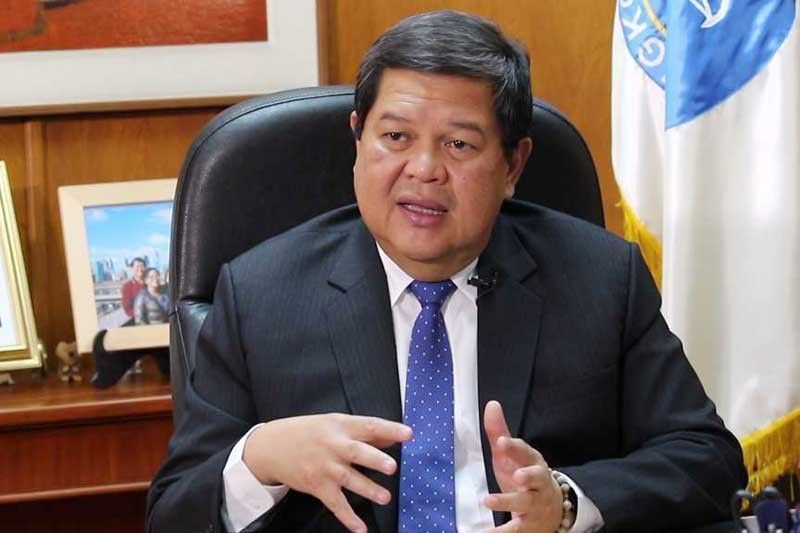New BSP survey covers top bank execs

MANILA, Philippines — The Bangko Sentral ng Pilipinas (BSP) is beefing up its surveillance toolkit with the launch of a new survey next month covering bank presidents and chief executive officers to promote the sustained resilience of the country’s banking sector.
BSP Governor Nestor Espenilla Jr. said the Monetary Board has approved the conduct of the Banking Sector Outlook Survey (BSOS) involving presidents and CEOs of universal, commercial, thrift, and top 20 rural banks in terms of loan portfolio.
Espenilla said the survey would be used to gather the sentiments of the presidents and CEOs of banks in the country related to their growth outlook and risk assessments, business performance strategies, as well as insights on regulation and supervision.
“The BSOS will capture forward-looking information consistent with BSP’s proactive approach to banking supervision. The survey will also inform additional perspectives on the evolution of bank’s business models that can help enhance prudential regulations,” he said.
The BSP chief said the regulator intends to expand the coverage of the survey to include all banks and to undertake the survey on a semi-annual basis in the succeeding years.
Latest data from the central bank showed there are 584 banks operating in the Philippines as of end-April, consisting of 43 universal and commercial banks, 55 thrift banks as well as 486 rural and cooperative banks.
The banking industry has a branch footprint of 11,380 and 20,279 ATMs nationwide.
Total resources of Philippine banks booked a double-digit growth of 11.3 percent to P15.71 trillion in end-March from P14.12 trillion in end-March last year.
The banking industry’s earnings grew 22.8 percent to P47.62 billion in the first quarter from P38.76 billion in the same quarter last year.
Bank credit expanded 18.3 percent to P7.32 billion in end-March from P6.18 trillion in end-March last year. Loans extended for production activities rose 18.1 percent to P6.47 trillion and accounted for 88.4 percent of the total loan disbursements.
Meanwhile, the Financial Stability Coordination Council (FSCC) chaired by Espenilla highlighted the necessity for continued vigilance in the surveillance of unfolding market developments and in systemic risk monitoring.
The council likewise looked toward strengthening its communication initiatives across various stakeholders
The latest systemic risk review highlighted the country’s strong economic performance on several fronts driven primarily by local sources of growth, specifically by increased consumption from individuals fueled by more disposable income and by government expenditures.
During the review, the FSCC discussed various risks that could potentially dampen further growth momentum as well as global issues flagged by third-party institutions as well as local challenges as to their likelihood and impact.
“The availability of additional market liquidity to support the government’s infrastructure development program and the uptrend in market prices were primarily considered in light of the technical models which have been designed by the FSCC technical team,” the council said.
- Latest
- Trending





























